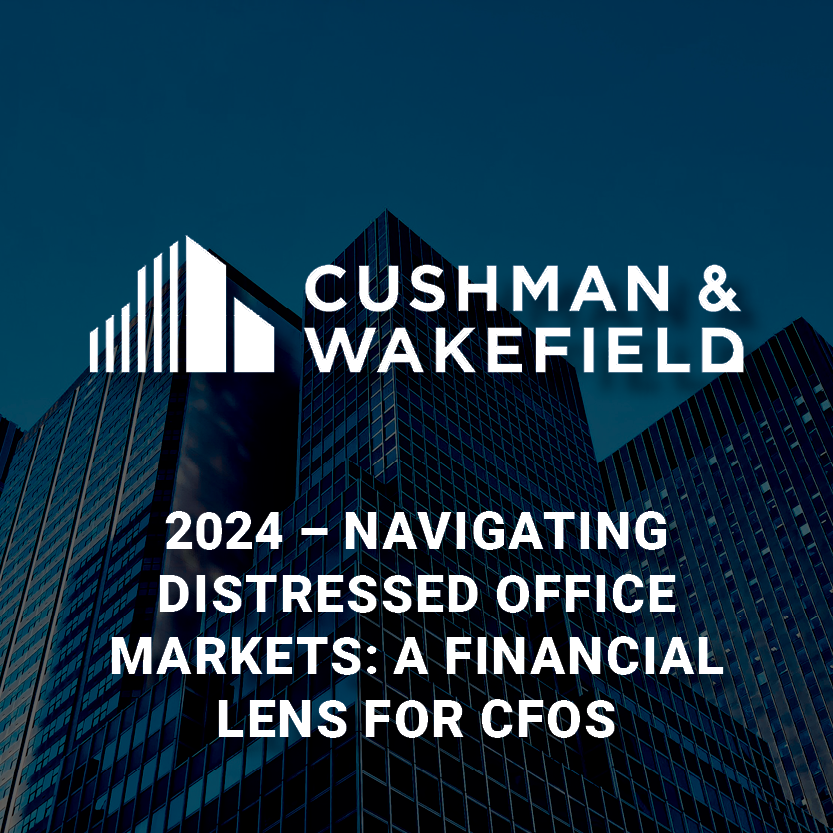CFOs and office space
Bumping elbows and jabbing ribs in the high-rent yuppie district
The strategy of choice for acquiring office space in major cities on the West Coast has long been to dress down, with an emphasis on casual Fridays, and look for spare or multipurpose blue-collar industrial space in more outlying parts of town, anything with a decent roof and adequate heat, and then gentrify it or renovate it for white-collar office work.
Otherwise, guys will walk into a leasing office with a pressed and dry-cleaned three-piece suit, polished leather shoes, solid gold cuff links etc., and complain the rent is too high.

For most companies, office space is the second-largest expense after payroll. Yet many CFOs still treat real estate decisions as an operational detail, delegated to facilities teams or outsourced brokers.





CFO's and other executives are primarily consumers of office space, not producers of it. Unless they're "in the business" of commercial real estate, development or construction, they probably make more money doing what they are doing in whatever office space they have or is available to them on the market.
It appears in many cases the rent is too high, and if you aren't actively using a particular office space, you need to get your stuff out of there and properly vacate the place, because there are too many security concerns and too much staff with access to absolutely everything in those buildings.
Those officially in charge of the books at any one company should not really be out wheeling and dealing for commercial real estate if it isn't their business at that company.
It's a little bit unseemly for gentlemen in suits and ties to suddenly put on hard hats and nail bags and swing hammers on the job, unless their intention with that really is to achieve a radical change in occupation or career. If it's possible, though, why not? Wear earplugs and steel toes boots and listen to screeching saws and air compressors in the office, and clean out that sawdust from your printer.
Or work from home for one of these companies because we're all super rich and we have so much office space and extra unused real estate "at home." Or work a full time office job at your own kitchen table and don't spill coffee or food on your computer keyboard or formal report papers, and put all your stuff away and properly file everything before dinnertime every day.





